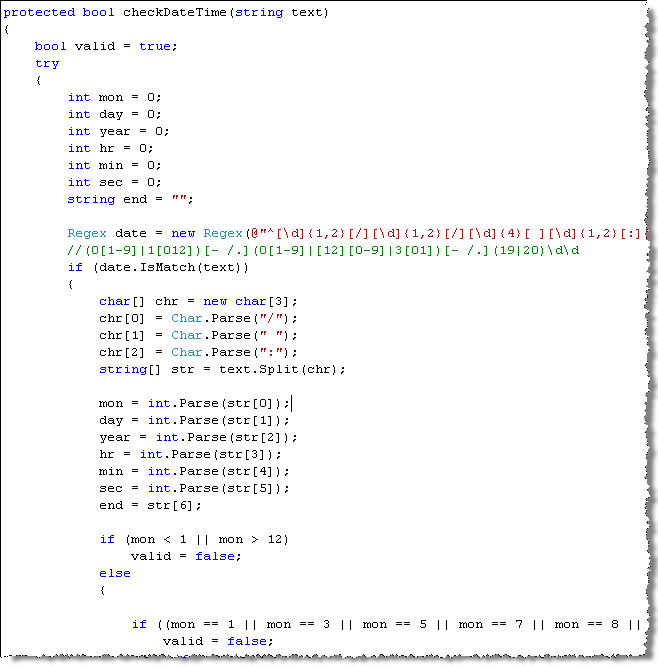Absurdly High "Values"
by in CodeSOD on 2007-11-30Brian works for a web development shop with an all-too-common formula: lots of intern labor and a very high turnover. As a recent hire, a large part of Brian's job is maintaining old sites developed by various former employees.
"I was recently asked to investigate a bug," Brian wrote, "where selecting a few publications from a multi-list caused strange errors and didn't store them correctly. When I initially went to check on the error, I noticed absurdly high "values" assigned to the problematic publications..."

 Oct 07
Oct 07